Equal pay has been a hot topic in New Zealand orchestral circles following a law suit in the US.
Late last week the Boston Symphony Orchestra and principal flutist Elizabeth Rowe came to an agreement following a mediation process over the gender pay gap between her and principal oboe John Ferrillo. The settlement is confidential.
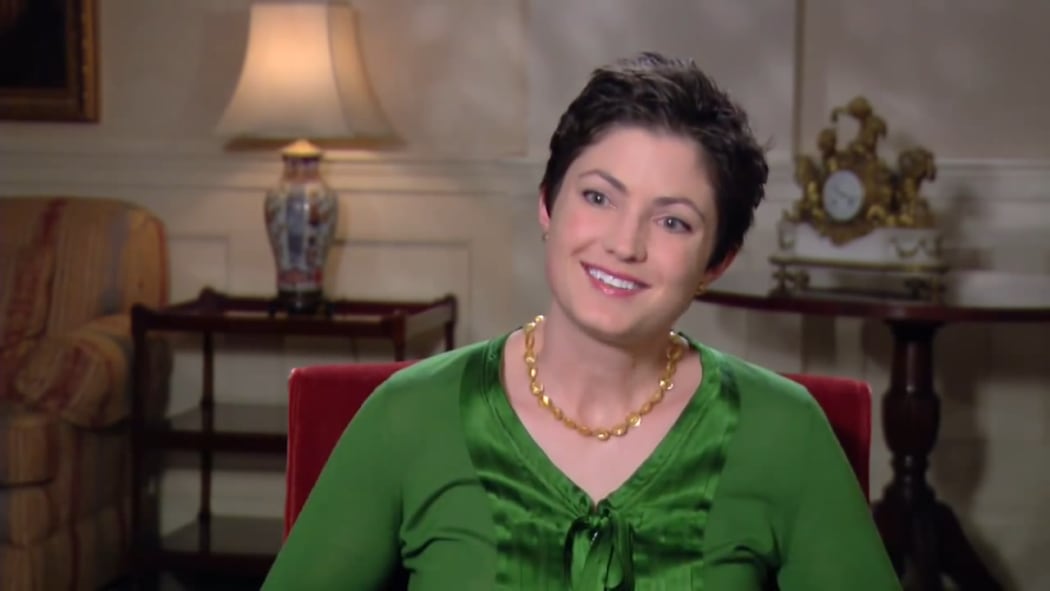
Boston Symphony Orchestra flutist Elizabeth Rowe Photo: youtube
Rowe was seeking $200,000 in backpay after appealing privately to the BSO, which is ranked in the top five orchestras in the United States.
Rowe is paid $250,149 per year, while Ferrillo – who sits right next to her – earns $314,000 per year. The oboist has been supporting the flutist in her equal pay claim.
In an article published in the Washington Post in December, the Boston Symphony Orchestra stood by its pay gap saying it considers the two instruments – oboe and flute – are not comparable, claiming the oboe is more difficult to play. The orchestra states there are also more flutists to choose from.

NZSO Players’ Committee Chair Lyndsay Mountfort Photo: Supplied
The New Zealand Symphony Orchestra’s Players’ Committee Chair Lyndsay Mountfort says you can’t compare instruments in that way. “Every instrument is hard to play,” he says. “There’s lots of variables, so you can’t compare.”
He says a large pay gap within an orchestra can cause consternation, but at the NZSO there are clear guidelines about the rate each position is paid, regardless of instrument. “[An orchestra] is only as good as the relationships in it,” he says. “You have to be very tight.”
The New Zealand Symphony Orchestra will release its gender pay gap report for the first time in this year’s Annual Report. As of December 2018, 44 percent of the NZSO were women, with just four women holding principal roles.
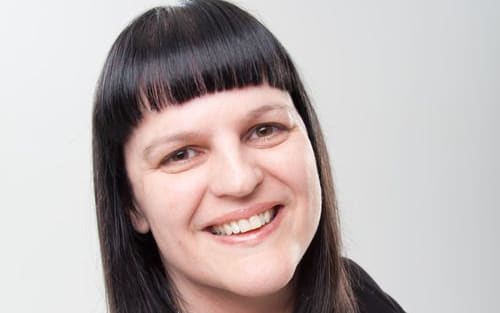
Christchurch Symphony Orchestra CEO Gretchen La Roche Photo: Supplied
At the Christchurch Symphony Orchestra, principals, regardless of instrument, are paid the same. There is one rate for principals, one for associate principals and one for “rank and file”.
It’s something CSO CEO Gretchen La Roche feels strongly about. “There’s no ambiguity, everyone knows where they stand,” she says. “We feel everyone is doing the same job and should be treated in the same way.”
She says fair and equal pay contribute to the morality, kinship and trust within an organisation. “If [equal pay] is something you want to do and it’s the right thing for your organisation you need to change it,” she says. “Equality is so important.”
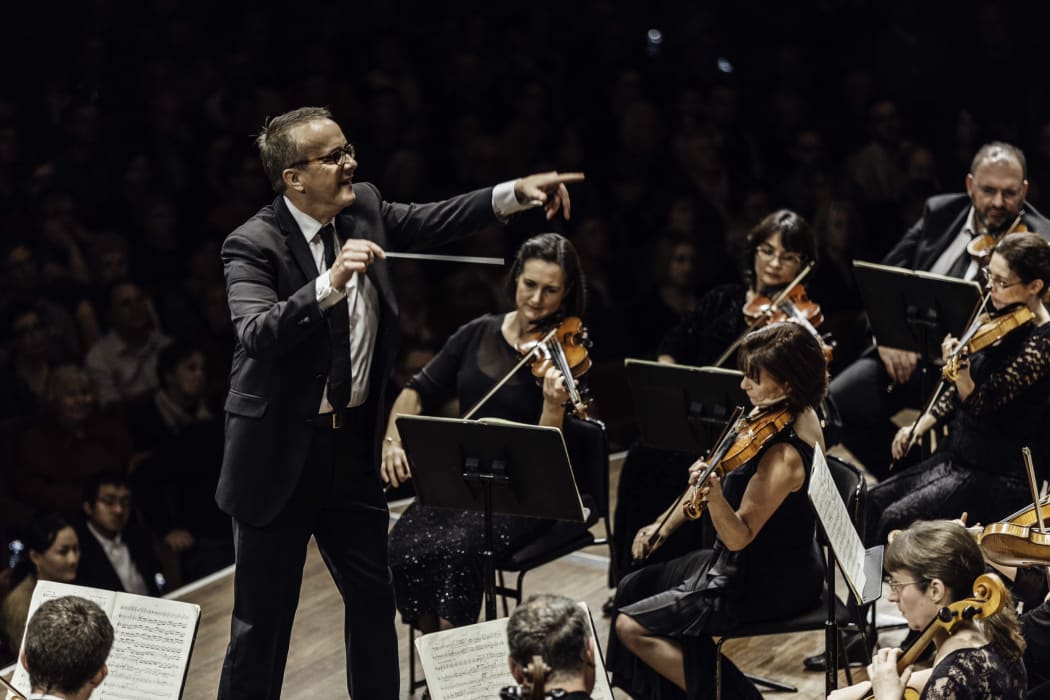
Marc Taddei Music Director Orchestra Wellington Photo: Supplied
At Orchestra Wellington, more women sit in principal and sub-principal roles. It also has a female concertmaster in Amalia Hall. General manager Kirsten Mason says aside from the Concert Master, everyone else has their rate negotiated, including guest players.
“Among the players of Orchestra Wellington, there is no gender pay gap, we have complete pay equity, due to the fact that many of our players are union members and the E Tu union negotiates pay rates with the orchestra's management on behalf of their members. Those rates are then passed on to players who are not members of the union,” she says.
“Because the collective agreement works so well in ensuring equitable pay, we do not have a specific policy in place regarding fair and equal pay.”
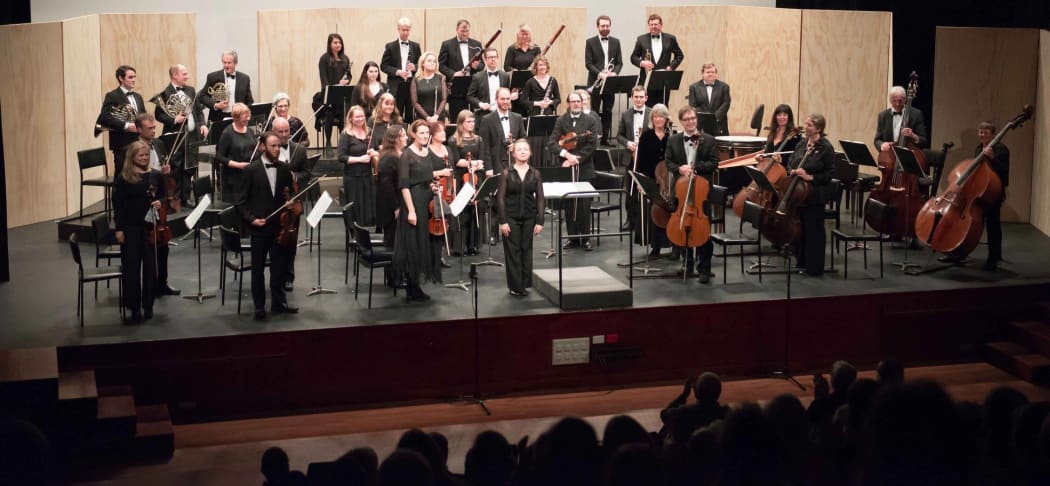
Dunedin Symphony Orchestra Photo: Supplied
At the Dunedin Symphony Orchestra, General Manager Philippa Harris says the orchestra has a 50-50 split of men and women, with an audition process that is fair for all. “Of course players are appointed on merit and they audition behind screens, so no one knows the gender of the auditionees anyway,” she says. “There is no differentiation between men and women's pay; pay is determined according to the position a person holds.”
The Auckland Philharmonia Orchestra also have blind auditions behind screens “so it’s not possible to know gender, ethnicity or age of the musician”, according to APO CEO Barbara Glaser. “
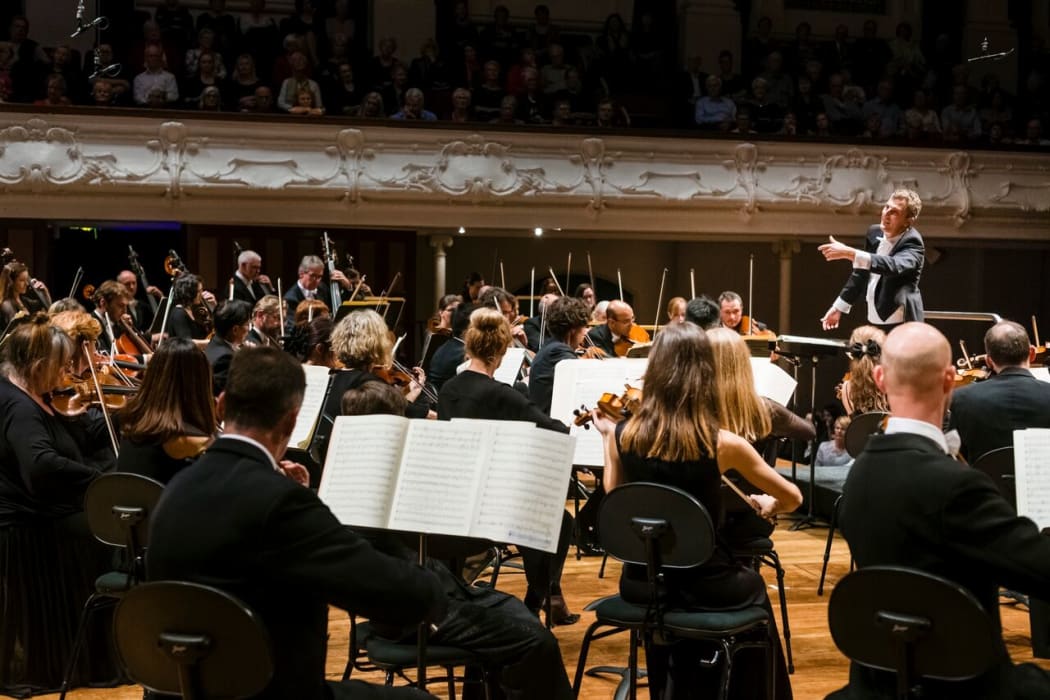
Auckland Philharmonia Orchestra Photo: Adrian Malloch
The lawsuit in the States is the first of its kind following the introduction of the updated Massachusetts Equal Pay Act which came into effect on July 1st 2018.
In New Zealand the Equal Pay Act 1972 states it’s illegal to pay men and women unequally for equal work. But according to the Ministry of Women, as of August 2018 women still earn 9.2 percent less than men.

